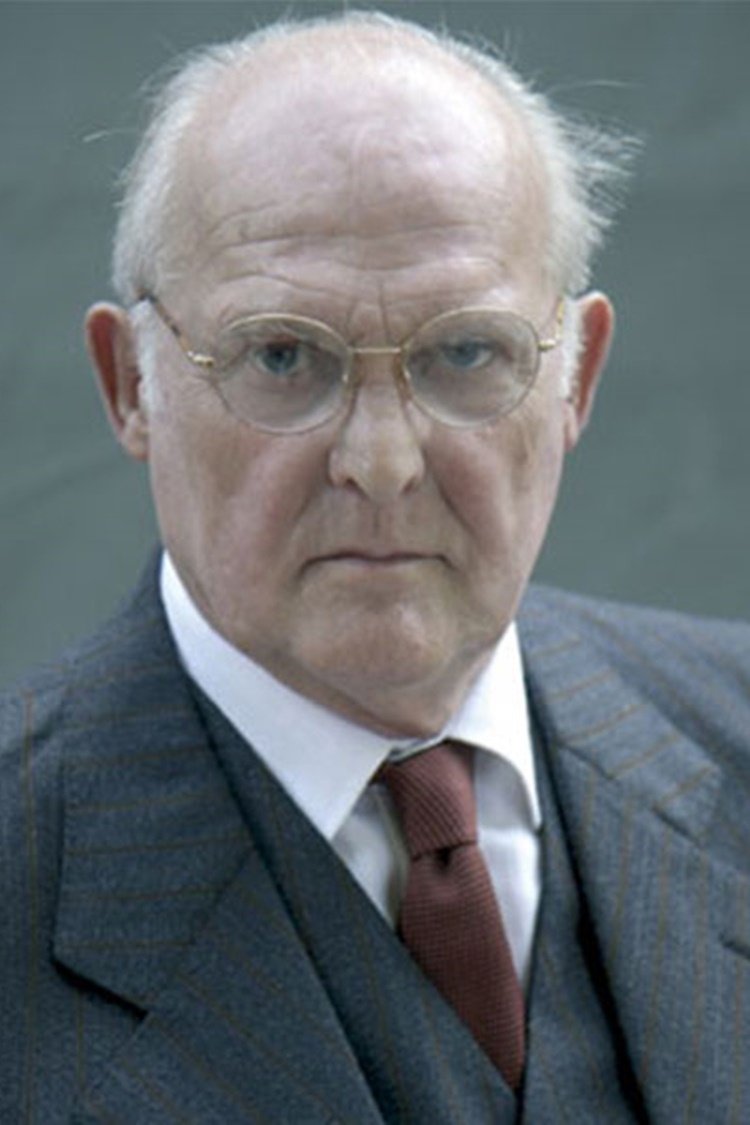
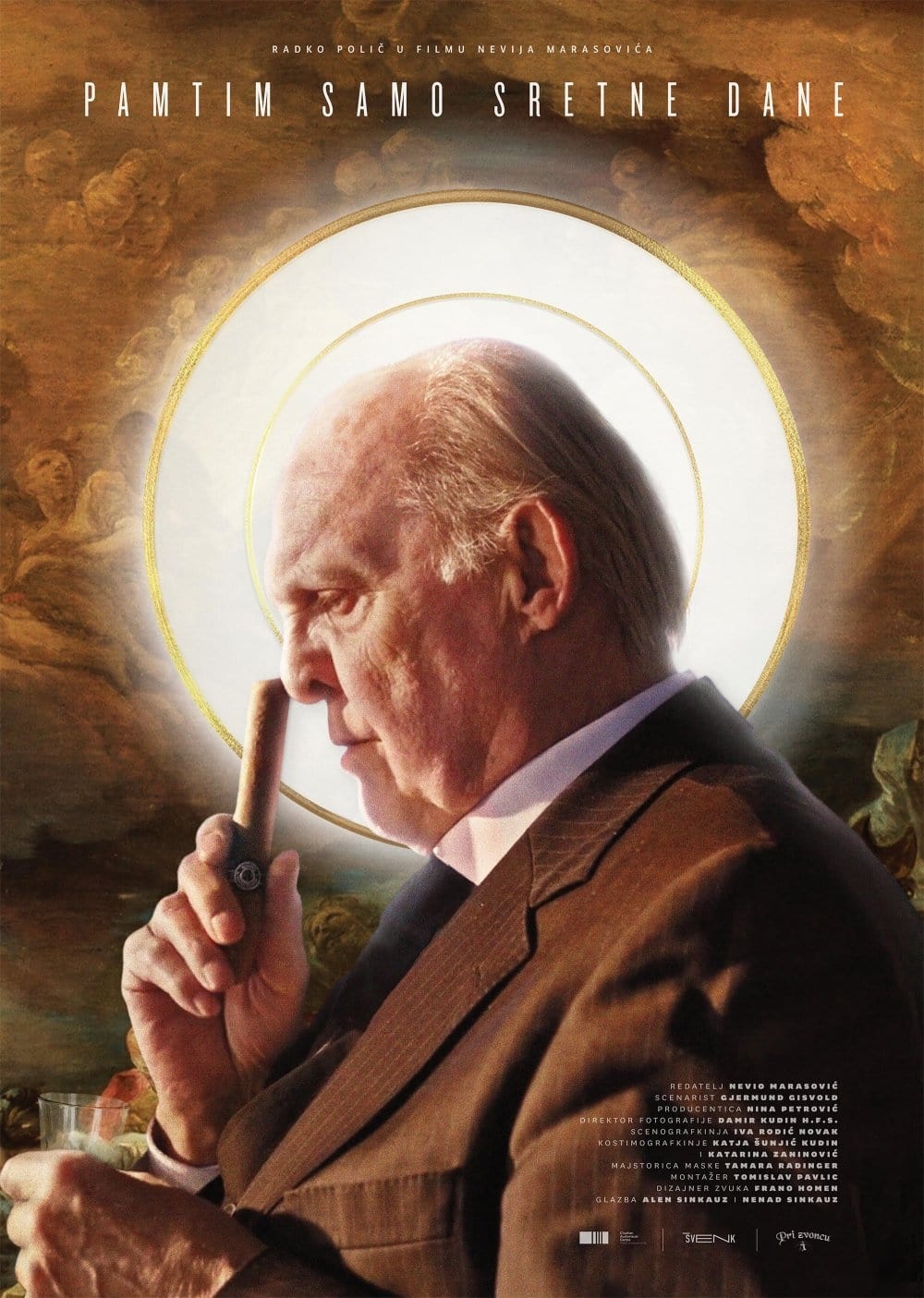
Sitting in a restaurant representing the waiting room to the other world, a tired old man watches the patrons who represent him and his immediate family during the important moments of his life. Moments that have impacted him and the family, and have turned him into a man he was at the end of his life. The old man is forced to look these events in an objective way, observe them from the sidelines, as the judge and jury of a tragic life filled with regret, bitterness, and bad decisions. At a certain point, it becomes clear that the old man has actually died and is watching his own life.
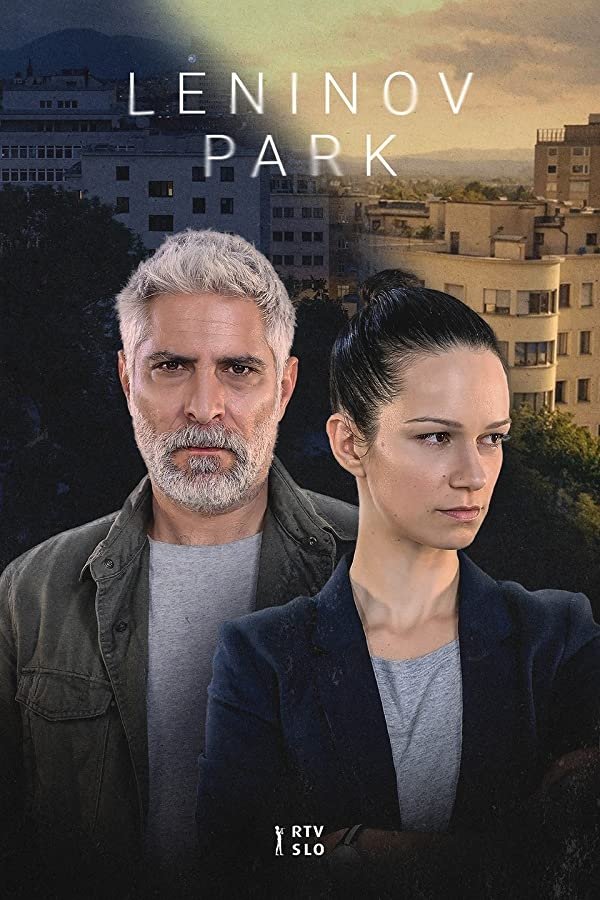
In the middle of a hot summer, a homeless woman is murdered in the centre of Ljubljana. At least as much as her death is troubled by the fact that the murder took place in a park right next to the General Police Administration. In addition to Taras's and Tina's relationship, resentment is being drawn from the events at Lake Bohinj over Taras' treatment of the spoiled son of an influential man, so the head of Drvarič assigns the management of the case to Tini instead of Taras. The start of the investigation is not the most promising, as none of the occupants of the park detected anything unusual, even though the windows look out of all the apartments. Yet a criminal investigation reveals that one of them wasn't the most honest.

Two brothers are torn apart after finding out they will inherit few millions from their father.
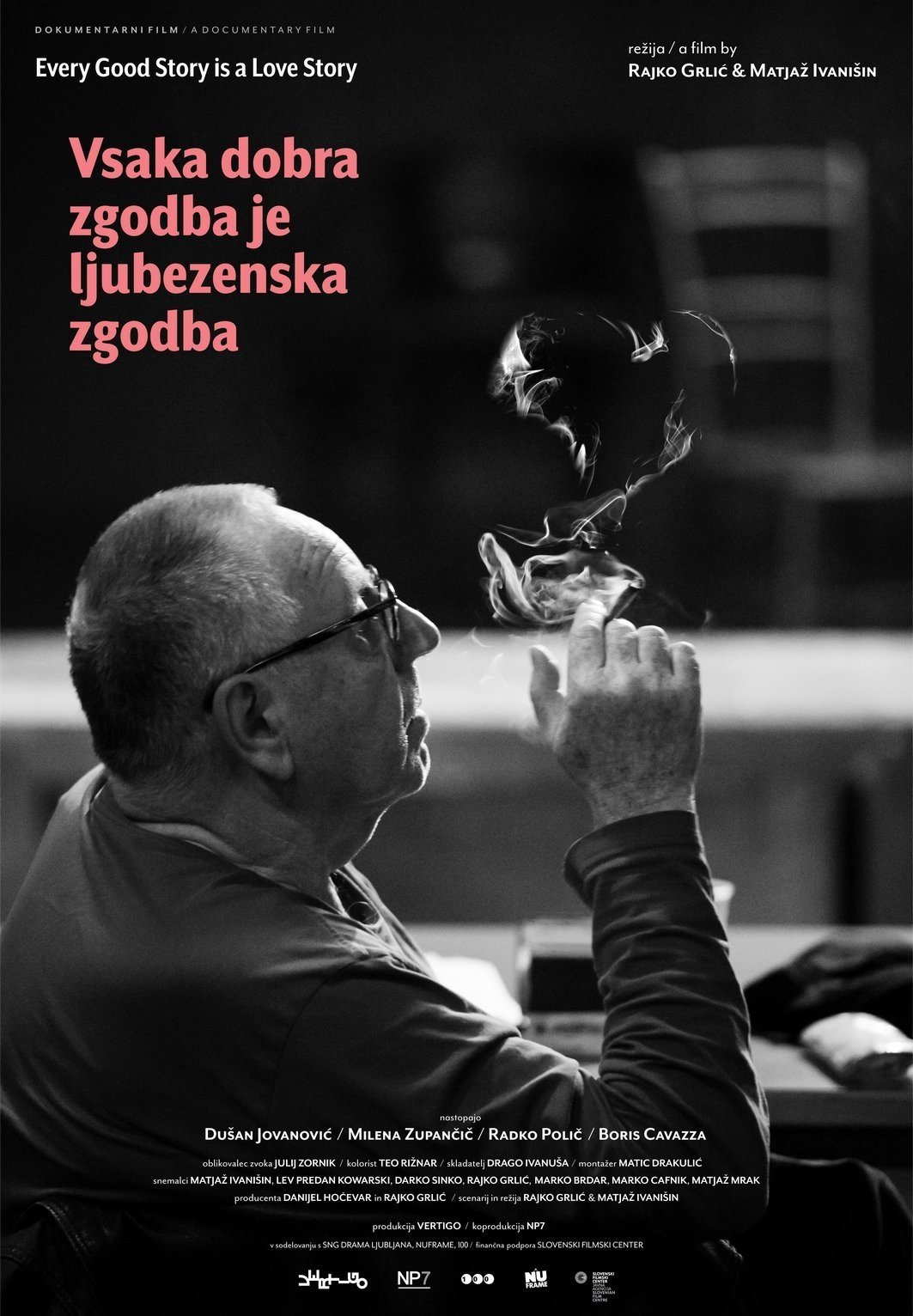
A film about a theatre performance and four very notable people behind it: writer and director D. Jovanović, actress M. Zupančič and actors R. Polič and B. Cavazza. This is a story of a love triangle and of a multi-layered, entirely overt intertwining of protagonists’ public artistic personas and their personal lives. The film documents a 4-month process of the making of a theatre piece from the first rehearsal to the opening night, at the same time uncovering the intimate lives of the artists and telling a universal story of the relationship between the real and the imagined, a story of personal and public perceptions of art.
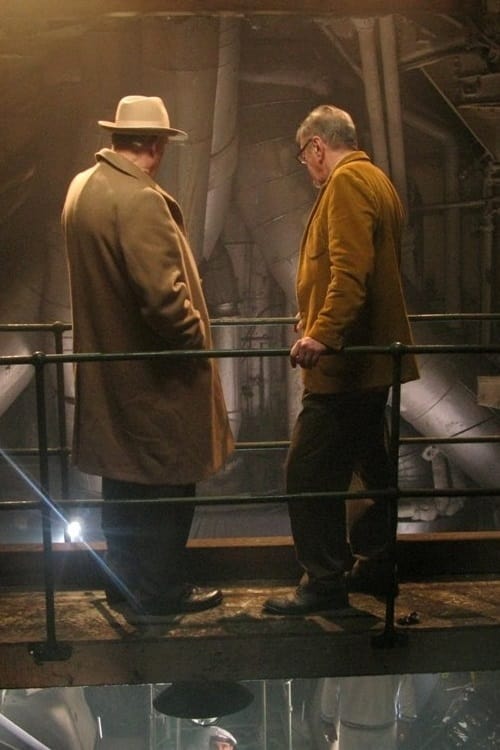
A film made by Danilo Kis's poem "The Revolutionary Poet on the Presidential Ship" on the wreck of Tito's yacht “Seagull” in Rijeka's shipyard with two acting film legends, Radko Polic and Marko Nikolic. The film was edited by the late Marko Glusac.
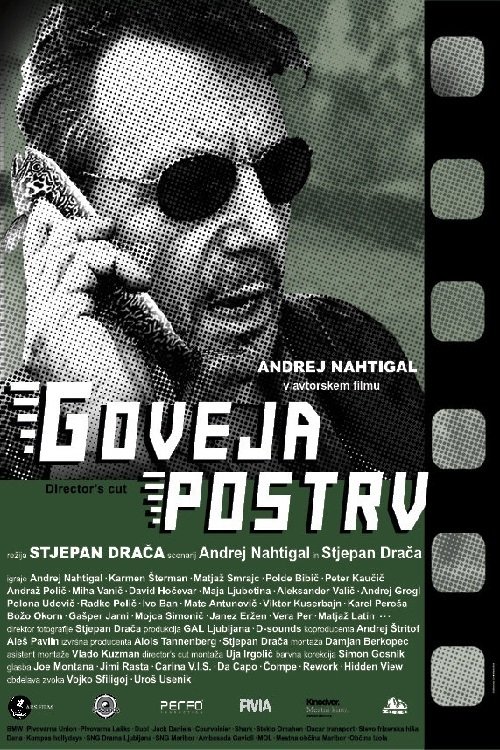
It puts in front the character of the actor Andrej Nahtigal and a section of his life, shot in real time and among real people who can play their roles by heart, since they live them in real environment.
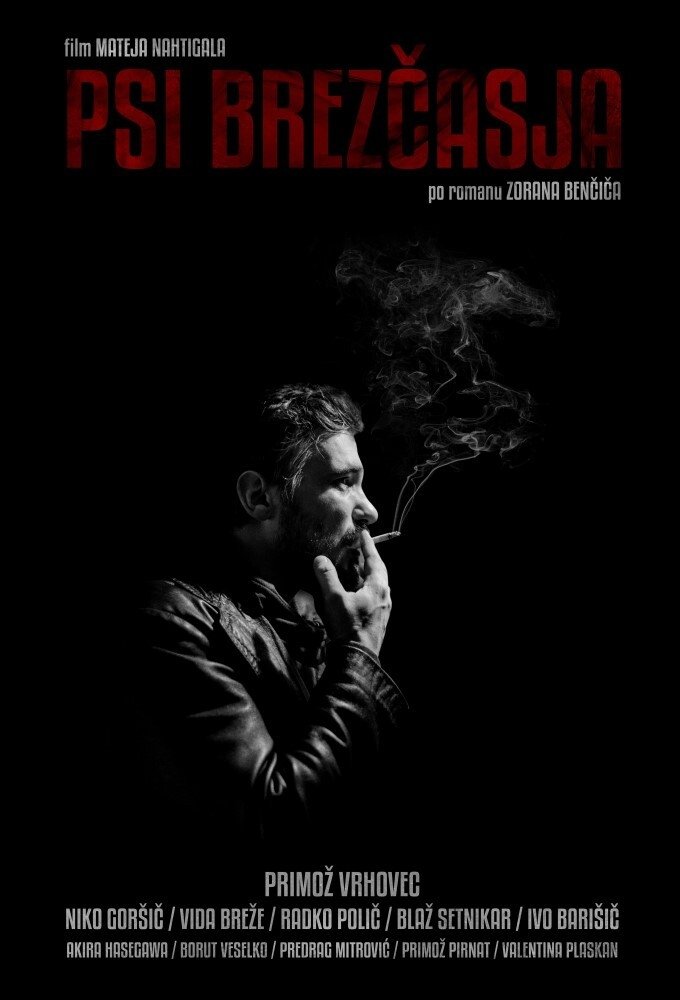
After being away for four years, Rok Osterberg returns to his home town to investigate the murder of his younger brother Maks. As Maks was involved in illegal business, nobody seems to care about his death. The only person willing to help is a family friend, Inspector Kramer. Back home, Osterberg must face people from his past.
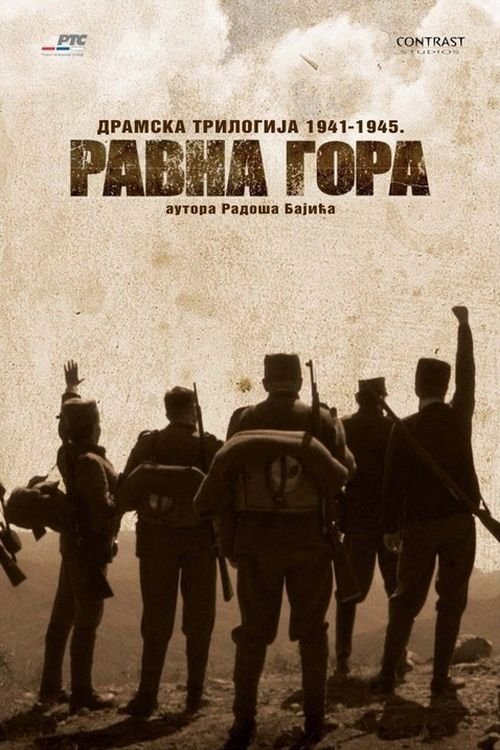
Ravna Gora tells story of events after April War 1941. Serbia with accent on the Chetnic-Partisan conflict, at the beginning of World War II
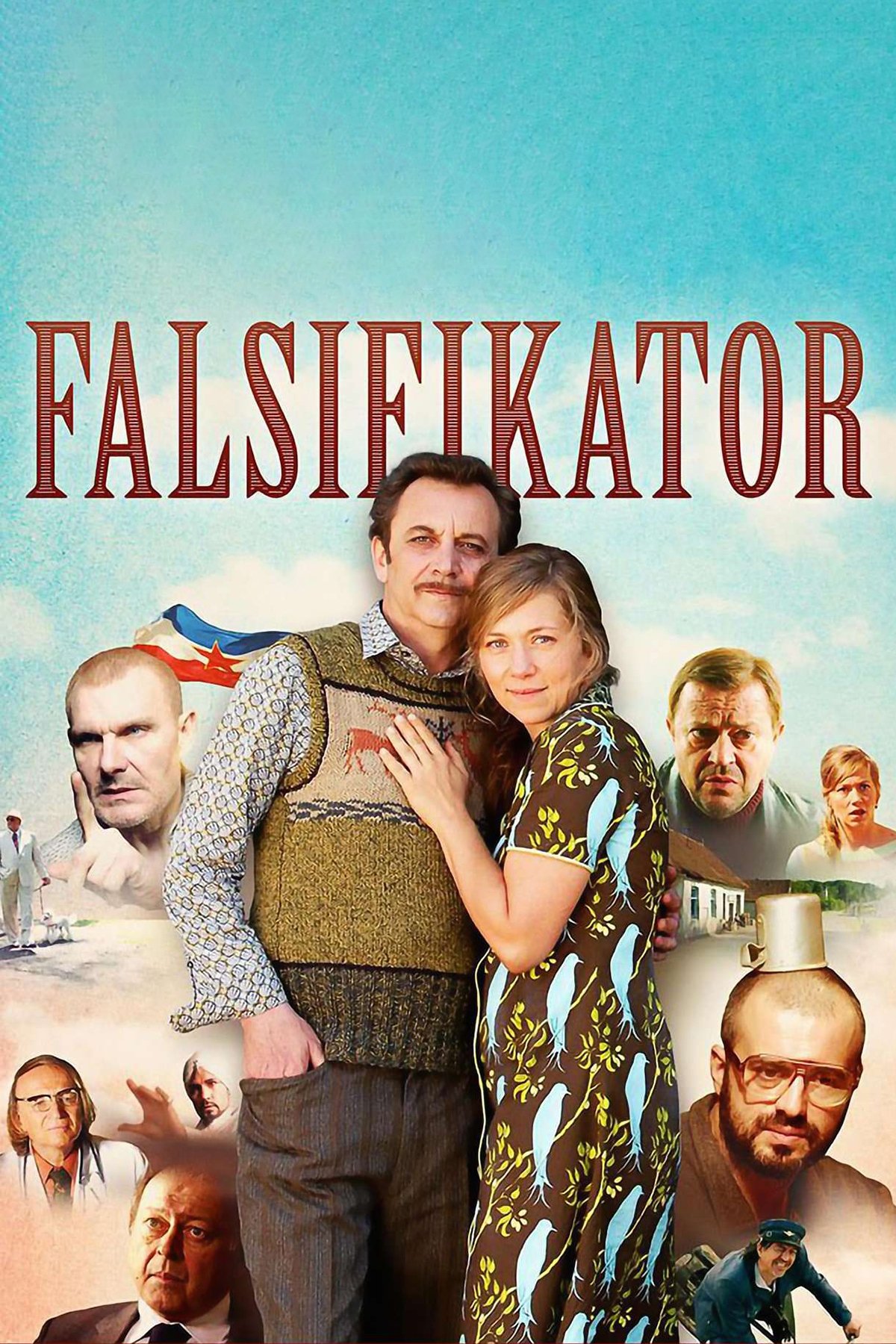
Our story takes place at the end of the 1960s. This is the time of the collapse of the ideals of a more just and honorable life brought into prominence by students worldwide in the great rebellion in 1968 and of the beginning of the end of an equally grand illusion called Yugoslavia. Andjelko is the principal of a middle school in a small Bosnian place Dubica. He believes in Yugoslavia and worships its leader Josip Broz Tito. Andjelko, however, has one serious fault: he is a forger, he makes forged school diplomas. He does not do this out of self-interest, but because he is a staunch philanthropist. One day, a neighbor for whom Andjelko forged the leather-working school diploma, in order to take revenge on the local veterinarian, reports to the police that this one too has Andjelko's diploma. Our hero is, therefore, forced to flee to the big city. He lives there illegally, at the harborers of outlaws for whom he once forged diplomas. But one day, Andjelko runs into his schoolmate...
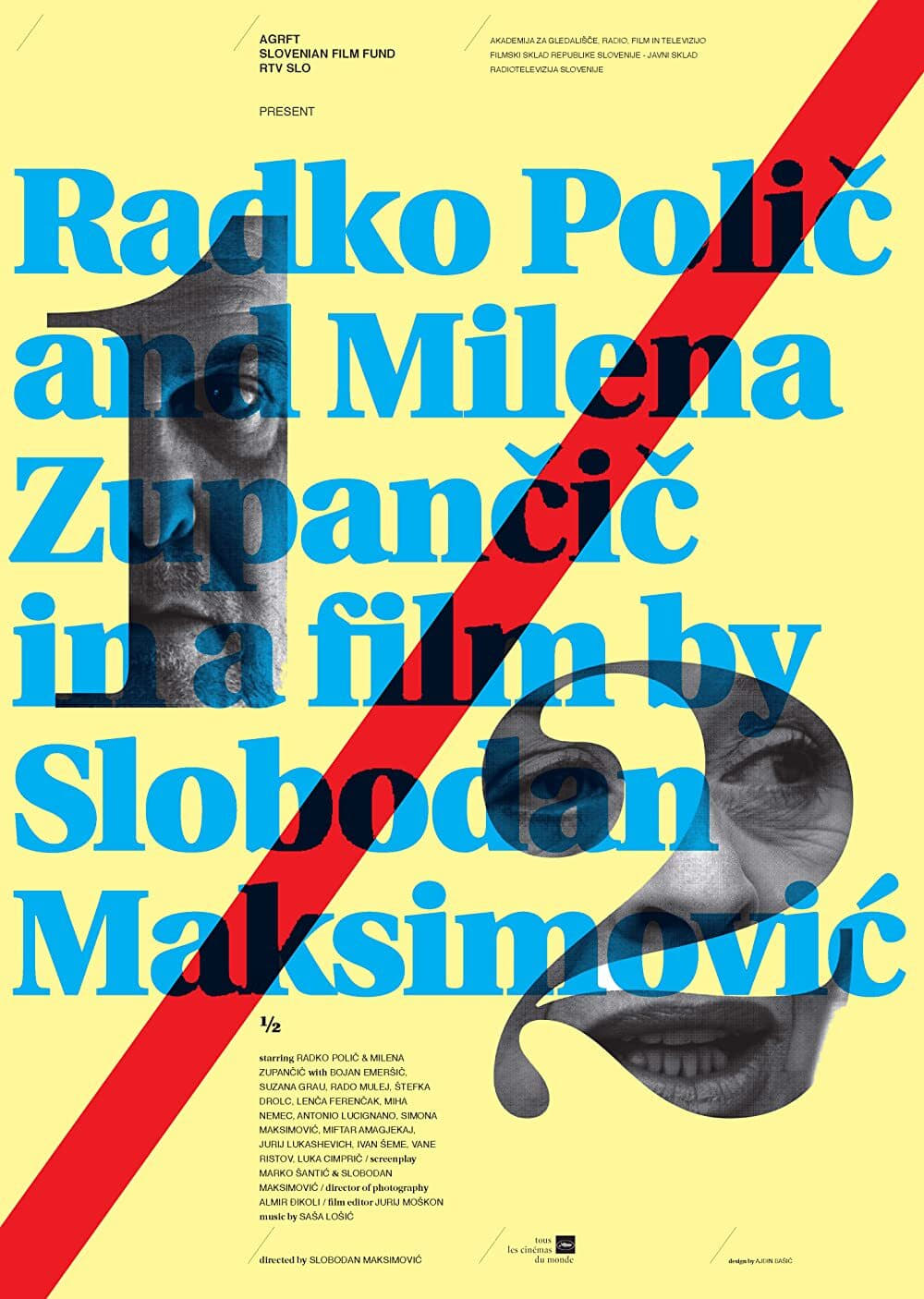
The film "1/2" is a story about two neighbors separated by a thin wall. Klara’s daily life begins at 4:30 a.m. with the lifting of a creaking shutter, too loud radio news, and the vacuuming of an apartment. Nikša is losing his temper because of this. The human mind is sometimes capable of producing anything but reasonable verbal communication.
Radko Polič is an award-winning Slovenian theatre, television and film actor. Born in Črnomelj, Polič's family moved to Belgrade in 1945 and then to West Berlin in 1949 before returning to Slovenia and settling in Ljubljana in 1954. He started acting in the early 1960s and during his career spanning over four decades, he played in over 150 theatre and film productions. He starred in stage productions all around Slovenia and appeared in a number of Yugoslav feature films.Polič won numerous awards for his work, including the Golden Arena for Best Actor at the 1976 Pula Film Festival (the Yugoslav national film awards) for his role in Igor Pretnar's film Idealist, and the Prešeren Award for Life Achievement in 2007.
By browsing this website, you accept our cookies policy.